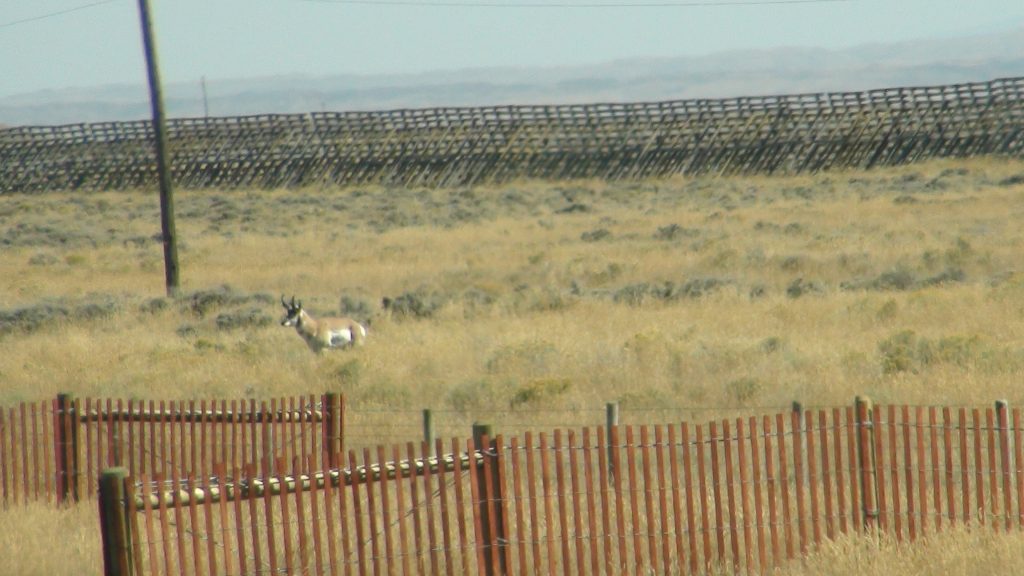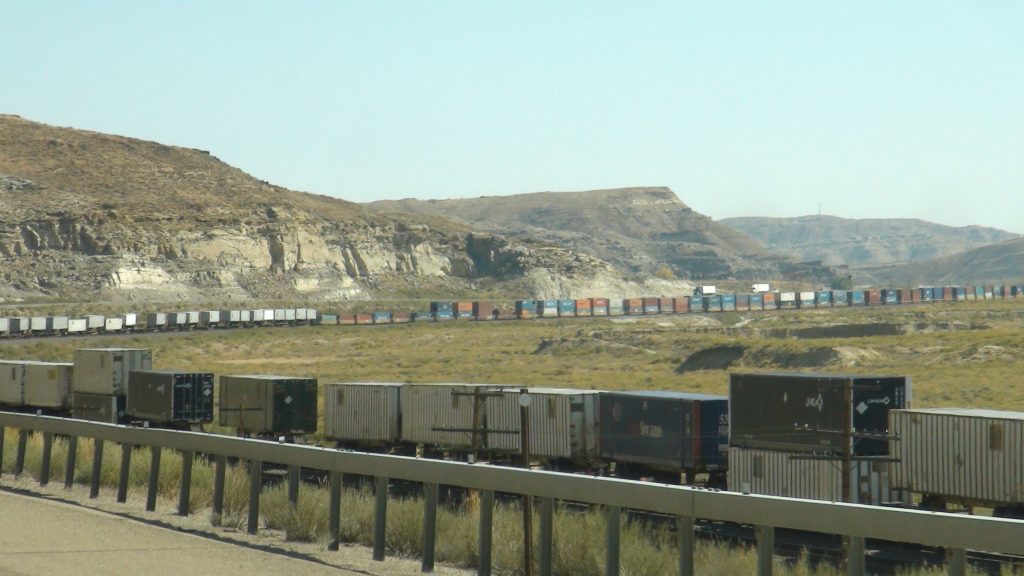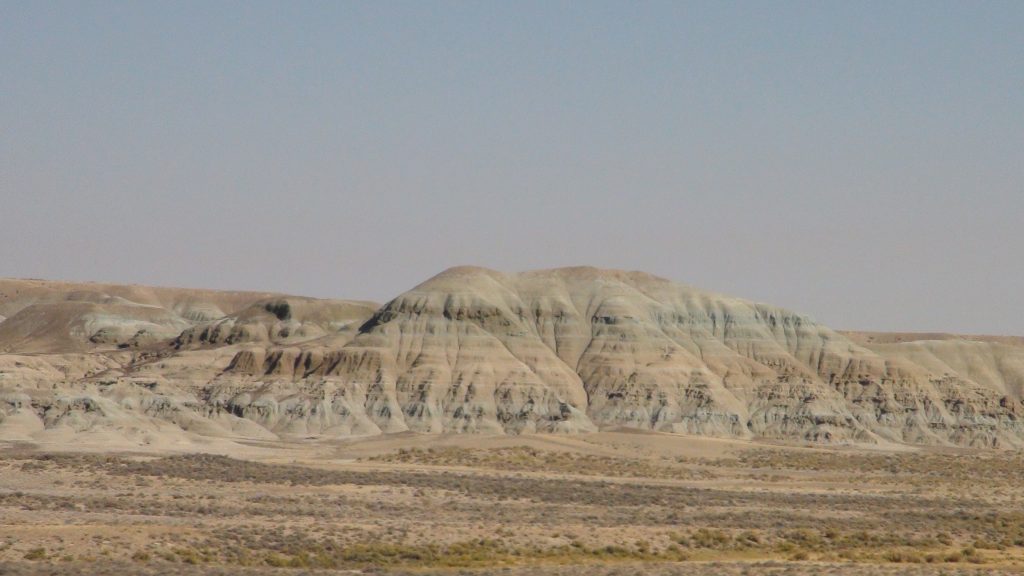Some type of deer, I guess. Wyoming.
Friday, 3 May 2024
And running under the shelter of an island called Clauda, we secured the skiff with difficulty. Acts 27:16
Note: You can listen to today’s commentary courtesy of our friends at “Bible in Ten” podcast. (Click Here to listen).
You can also read this commentary, scrolling with music, courtesy of our friends at “Discern the Bible” on YouTube. (Click Here to listen), or at Rumble (Click Here to listen).
A literal rendering would be, “And having run under a certain islet called Clauda, scarcely we were able to become controllers of the skiff” (CG).
The previous verse noted that the ship could not head into the wind and so those on board simply let it be borne along. Now, a verse filled with new and rare words is given. In it, Luke says, “And having run under a certain islet called Clauda.”
The first rare word is hupotrechó, signifying “to run under.” It is found only here in Scripture. Instead of running into this island, they were able to get the ship to sail past it by running under it. What they ran under is described by a word, nésion, that is translated as “islet.” This is the diminutive of nésos, an island. Thus, this is a little island, meaning and islet. It is also found only here in Scripture.
As for the islet, it is called Clauda. This is the only time it is mentioned. This name, Clauda, is one of various spellings found in different manuscripts. There is an island about 149 miles southwest of Crete that is today known as Gandos. This could possibly be the island that is referred to by Luke. There are a few other very small islands between these as well, such as the sister islands known as Paximadia Ena and Paximadia Duo.
Whichever island Luke is referring to, he says, “scarcely we were able to become controllers of the skiff.”
The word perikratés, an adjective which is again only found in this verse, signifies “having full command of.” Being an adjective, it would signify “controllers.” What they were attempting to control was the skaphé, or light boat. Hence, it is the ship’s skiff, a small landing boat. The obvious etymological connection between the words skaphé and skiff can be seen. This is the first of three times the word will be seen. All will be in this chapter.
The words show the united effort of all available hands. The word “we” appears to be all-inclusive, as any free person on the ship did his best to assist the crew in securing the skiff and helping out in whatever way he could.
The terminology Luke uses indicates that they had immense difficulty bringing in this little ship that was used for getting to shore when docked in an open harbor. The wind would have been raging and the boat itself was probably filled with a great deal of water. The challenge, which is seen in Luke’s words, was a great one.
Life application: One can almost sense the tension of those on board who worked to bring the skiff aboard the ship. But with the help of others besides the crew, the task was completed. There are times when we may be called, even if not verbally, to assist in a situation. It takes a truly uncaring person to idly sit by while others are carrying the weight of the moment.
Even if a person isn’t physically able to help, there is something he or she can do. For example, a person seeing others struggling at a task can go to the galley and get something for those who are working to eat after they are done.
Standing around and gawking, in whatever situation one finds himself in, just adds to the clutter of the situation. If nothing else, words of encouragement or congratulations can be heaped upon those who are doing the hard work. Whatever it is you can do, don’t be a bump on a log. Instead, be a person who is active in participating in the events that unfold before you. As it says in Ecclesiastes –
“Because of laziness the building decays,
And through idleness of hands the house leaks.” Ecclesiastes 10:18
Do your best to not let the house around you (real or otherwise) decay because of slothfulness. Industry and hard work, even if it is mere moral support, is something that is needed in the world. A pat on the back or a letter or email of support from time to time is always appreciated.
Lord God, may we be willing to share of ourselves in whatever way we can in the circumstances in which we find ourselves. Help us, Lord, to be productive and helpful in this life we have been given. May it be so with You as the One who receives the glory for our efforts in living sound, productive, Christian lives. Amen.





